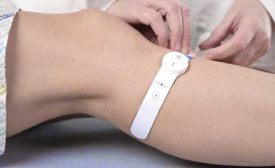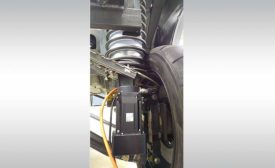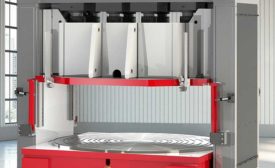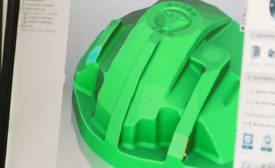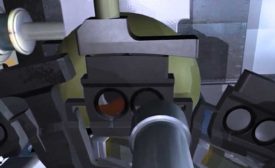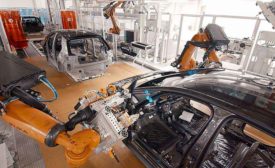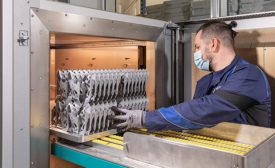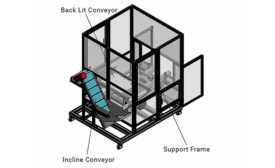Columns
Dürr Helps Volkswagen Go All-In on EV Assembly
Flexible automated equipment drives screws, dispenses adhesive and fills refrigerants.
August 6, 2021
Never miss the latest news and trends driving the manufacturing industry
Stay in the know on the latest assembly trends.
JOIN TODAY!Copyright ©2024. All Rights Reserved BNP Media.
Design, CMS, Hosting & Web Development :: ePublishing
